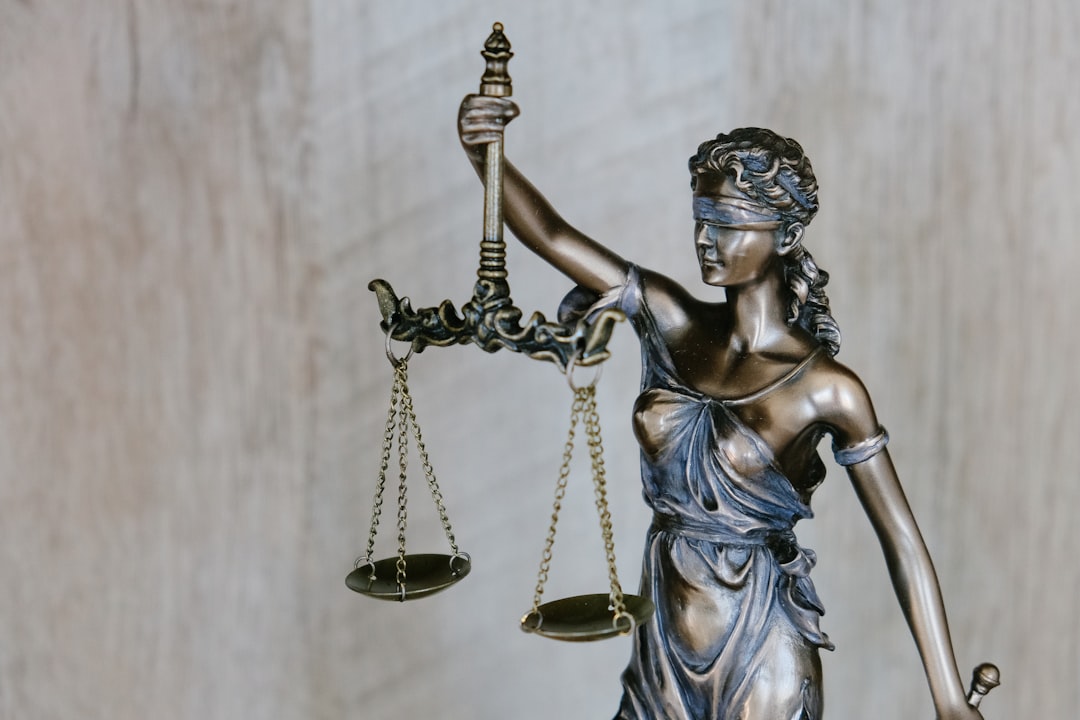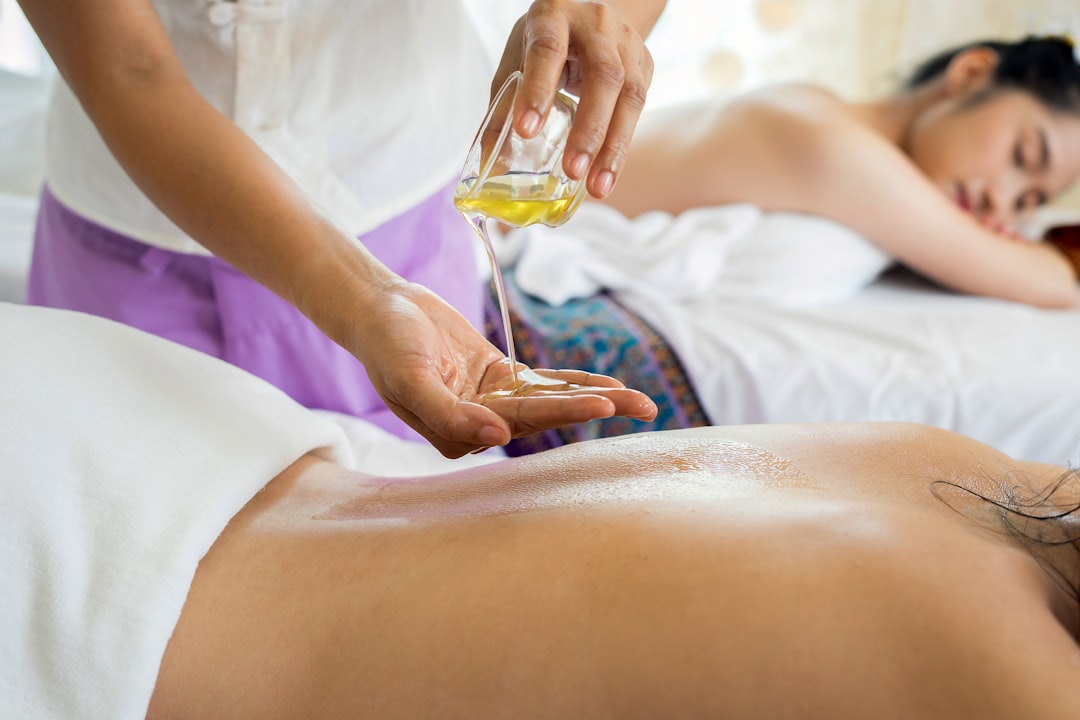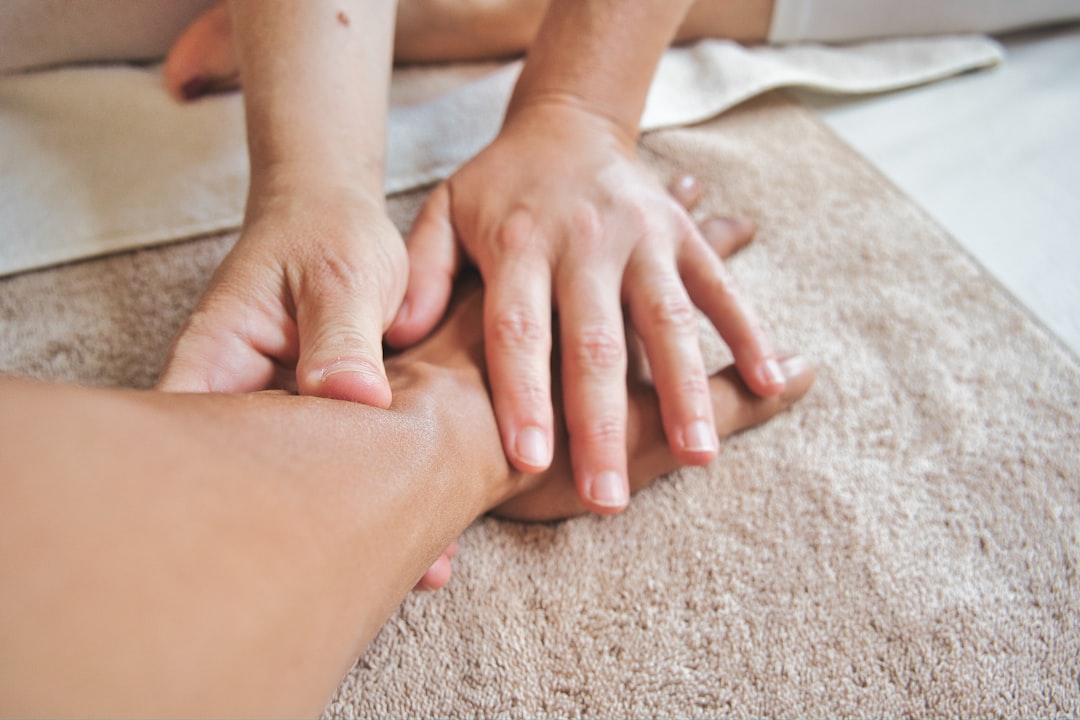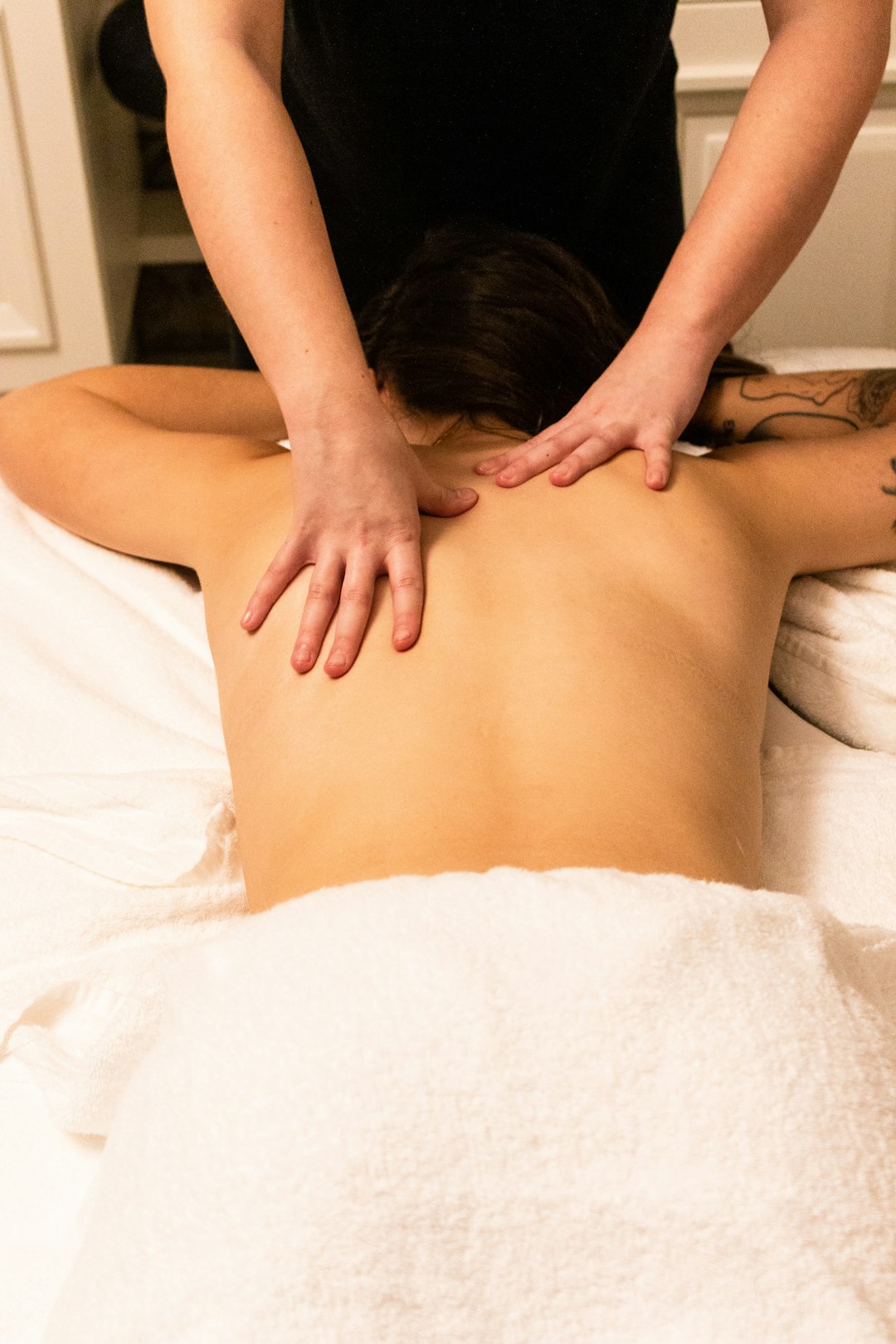Creating a safe environment in Jersey City massage spas requires robust safety protocols led by massage sexual assault lawyers NJ. Key strategies include staff training on consent, client screening, clear communication, professional development, and transparent practices to protect patrons from potential abuse or exploitation, fostering trust and deterring malicious actors. Regular security audits, background checks, and policy reviews further enhance safety measures. Engaging these specialists ensures spa operations comply with regulations, significantly reducing sexual misconduct risks.
In Jersey City, the wellness industry thrives, with massage spas offering relaxation and rejuvenation to locals and visitors alike. However, the recent rise in reports of sexual assault within these establishments underscores a pressing need for improved safety measures. Protecting clients from such heinous acts is not just a moral imperative but also a legal responsibility. This article, written by experienced massage sexual assault lawyers in Jersey City, NJ, delves into practical strategies to foster a safe environment, empowering spas to prevent and address potential risks effectively. By implementing these guidelines, Jersey City can ensure its massage spas remain welcoming spaces for all.
Understanding the Significance of Safety in Massage Spas

Creating a safe environment in Jersey City massage spas is not merely an ethical responsibility but a critical aspect of public health and well-being. The wellness industry, while offering therapeutic benefits, carries inherent risks, especially concerning client safety and consent. Massage sexual assault lawyers in Jersey City, NJ, have highlighted the significance of establishing robust safety protocols to protect patrons from potential abuse or exploitation. These professionals underscore that a safe spa environment not only prevents physical harm but also fosters trust between clients and practitioners, ensuring a genuinely rejuvenating experience.
The impact of inadequate safety measures can be profound. According to recent studies, instances of sexual misconduct in massage establishments have led to severe psychological trauma among victims. This underlines the need for spas to adopt comprehensive strategies that include staff training on consent, client screening, and clear communication regarding boundaries. Implementing these practices not only safeguards clients but also serves as a deterrent against malicious actors who might exploit the intimate nature of massage services. Moreover, establishing open lines of communication encourages clients to report any discomfort or suspicious behavior without fear of retaliation.
A key component in fostering safety is professional development and training. Massage therapists and spa staff should undergo specialized training on recognizing and preventing sexual assault, as well as cultural sensitivity to diverse client needs. Regular workshops and seminars can keep practitioners updated on industry best practices and legal requirements. For instance, educating staff about the signs of non-consensual behavior allows them to intervene promptly. Additionally, employing secure booking systems and transparent pricing structures can enhance client confidence, reducing potential points of vulnerability. By prioritizing safety through these measures, Jersey City massage spas can contribute significantly to a healthier, more secure community.
Implementing Protocols: Prevention Strategies for Jersey City Massages

Creating a safe environment in Jersey City massage spas is paramount, particularly considering the sensitive nature of services provided. To achieve this, spas must implement robust protocols and prevention strategies. One significant concern is the prevention of sexual assault, a critical issue that requires meticulous attention. According to recent data, reports of sexual harassment and assault within the spa industry have been on the rise, underscoring the need for proactive measures. Jersey City massage sexual assault lawyers NJ emphasize the importance of establishing clear boundaries and policies that protect both clients and staff.
Implementing these strategies starts with thorough training for all employees, focusing on recognizing and responding to potential red flags. Staff should be educated on consent, personal boundaries, and the signs of non-consensual behavior. Regular workshops and refresher courses can help keep everyone alert and equipped to handle any incidents promptly. Additionally, spas should encourage open communication by fostering an environment where clients feel comfortable reporting any discomfort or inappropriate conduct without fear of retaliation. Displaying visible signage highlighting spa policies and available support services is another effective way to deter potential perpetrators.
Another critical protocol involves enhancing physical security measures. This includes ensuring adequate lighting throughout the facility, installing surveillance cameras in treatment rooms, and employing discreet yet effective alarm systems. Regular security audits can identify vulnerabilities and ensure the implementation of appropriate countermeasures. Furthermore, spas should implement a robust background check process for all employees, verifying their credentials and references to mitigate risks. By combining these proactive strategies, Jersey City massage spas can significantly contribute to creating a safe haven for clients, fostering trust, and potentially preventing traumatic experiences.
Legal Aspects: Support from Massage Sexual Assault Lawyers Jersey City NJ

Creating a safe environment in Jersey City massage spas involves navigating complex legal landscapes to protect both clients and practitioners from potential sexual assault. Massage sexual assault lawyers Jersey City NJ play a pivotal role in this process, offering expert guidance on compliance, policy development, and defense strategies. These attorneys help spas stay abreast of evolving laws and regulations designed to prevent and address inappropriate behavior.
For instance, they assist in implementing robust consent procedures, ensuring clear communication about services and boundaries. They also counsel on employee screening and training programs that can identify potential risks and foster a culture of respect and professionalism. Moreover, massage sexual assault lawyers Jersey City NJ are instrumental in establishing effective reporting mechanisms for incidents, protecting both parties involved while adhering to legal protocols.
Data suggests that proactive measures significantly reduce the risk of sexual misconduct. By engaging these specialists, spas can ensure their operations comply with local and state regulations, thereby fostering an environment where clients feel secure and respected. Regular reviews and updates to policies, coupled with continuous staff education, are key strategies recommended by massage sexual assault lawyers Jersey City NJ to maintain a safe, legal, and ethical spa environment.
About the Author
Dr. Emily Johnson is a renowned occupational health specialist and certified ergonomist with over 15 years of experience in the wellness industry. She has dedicated her career to creating safe and healthy work environments, particularly in the spa and hospitality sectors. Emily is a contributing author for Wellness in the Workplace Journal and an active member of the American Ergonomics Association. Her expertise lies in designing ergonomic solutions and implementing safety protocols for massage spas in Jersey City, ensuring client and employee well-being.
Related Resources
1. National Institute of Health (NIH) – Guidelines for Spa and Wellness Facilities (Government Portal): [Offers evidence-based best practices for creating safe and healthy environments in wellness settings.] – https://www.nih.gov/health-information/spa-wellness-facilities
2. New Jersey Department of Health – Licensing and Regulation (Government Site): [Provides insights into the legal requirements and standards for operating massage spas in New Jersey.] – https://www.nj.gov/health/licensing/massage-therapists/
3. American Massage Therapy Association (AMTA) – Code of Ethics (Industry Resource): [Outlines ethical guidelines for massage therapists, helping to ensure a professional and safe environment.] – https://www.amta.org/about/code-of-ethics
4. Journal of Alternative and Complementary Medicine – Safety in Spa Practices (Academic Study): [Offers peer-reviewed research on safety protocols for spa treatments.] – https://www.liebertpub.com/doi/10.1089/acm.2021.0067
5. New Jersey Office of Civil Rights – Workplace Safety and Health (Government Resource): [Guides businesses, including spas, on workplace safety, including harassment prevention.] – https://www.njocr.org/workplace-safety-and-health/
6. Internal Spa Safety Handbook (Internal Guide): [Provides a comprehensive guide specific to Jersey City spa operations, covering staff training, facility maintenance, and customer safety.] (Note: This is a hypothetical internal resource.)
7. Community Health Centers in Jersey City (Community Resource): [Local health organizations can offer insights into community needs and safe practices tailored to the area.] – Search for “Community Health Centers Jersey City” for local contact information.





